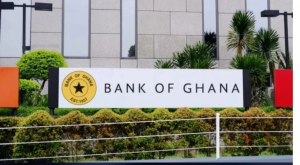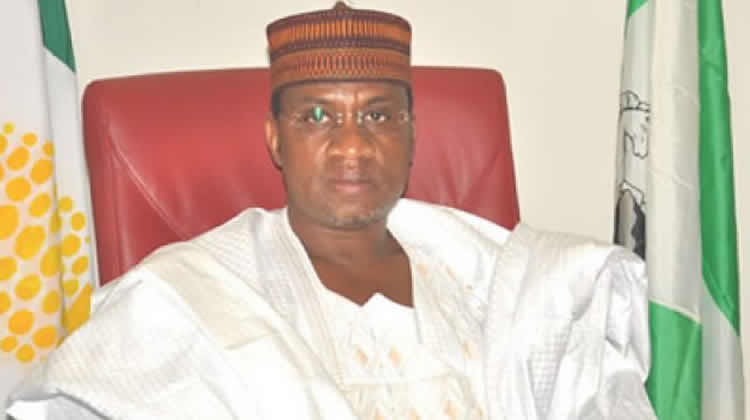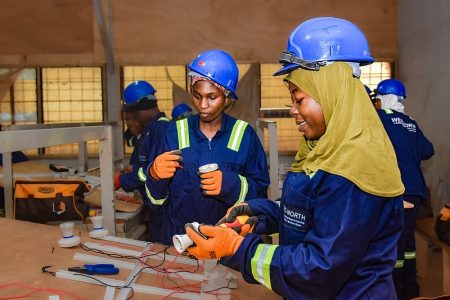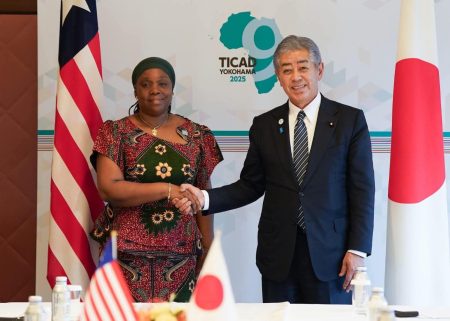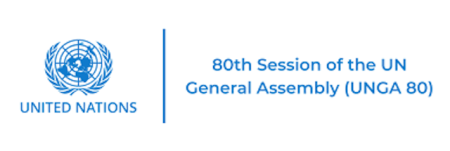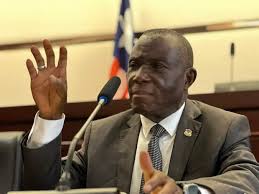The political landscape of Zamfara State, Nigeria, is undergoing a significant shift as supporters of former Senator Kabiru Marafa abandon the ruling All Progressives Congress (APC), citing deep-seated grievances and disillusionment with the party’s leadership and the administration of President Bola Tinubu. The Senator Kabiru Marafa Consultative Forum, a key political organization within the state, convened a two-day meeting in Kaduna to dissect the multifaceted crisis engulfing Zamfara, encompassing political marginalization, escalating insecurity, and a perceived lack of developmental progress. This deliberation culminated in a formal declaration of their resignation from the APC, a move that underscores the growing discontent within the party’s ranks.
The forum’s decision to sever ties with the APC is rooted in a complex web of factors, primarily driven by what they perceive as a deliberate and systematic marginalization of Zamfara State. Despite Senator Marafa’s instrumental role in securing President Tinubu’s victory in the state during the 2023 presidential election, the group alleges that Zamfara has been unfairly sidelined in political appointments, infrastructural development, and security provisions. This perceived betrayal of trust has fuelled a sense of resentment among Marafa’s loyalists, who believe that their contributions to the party’s success have not been adequately recognized or reciprocated. They point to the allocation of ministerial positions as a clear example of this disparity, highlighting that Zamfara received only one Minister of State while other states, particularly in the Southwest, were awarded multiple ministerial portfolios and control over key financial institutions.
Adding fuel to the fire is the alarming deterioration of the security situation in Zamfara. The forum expressed grave concern over the persistent wave of kidnappings and killings plaguing the state, accusing the Tinubu administration of failing to deliver on its promises to address the issue. They cited alarming statistics, including data indicating that Zamfara accounted for the highest number of kidnappings in Nigeria in 2024, and reports from community initiatives detailing the continued attacks on villages, resulting in numerous casualties and abductions. The forum alleges that the government’s response to this crisis has been inadequate and, in some instances, even politicized for electoral gain.
The forum’s communique also highlights the perceived neglect of Zamfara in terms of developmental projects, further exacerbating the sense of marginalization among its residents. They argue that the state has been overlooked in the allocation of resources and development initiatives, despite its significant contributions to the nation’s economy and its unwavering support for the APC in previous elections. This perceived disparity in development has fueled resentment and a sense of betrayal among the people of Zamfara, who feel that their loyalty to the ruling party has not been reciprocated with tangible benefits.
The forum’s decision to leave the APC is not merely a reaction to current circumstances but also reflects a deeper disillusionment with the party’s core values. They accuse the APC leadership of betraying the principles of fairness, justice, and equity that underpinned its formation. This ideological divergence further underscores the growing chasm between the party’s leadership and its grassroots supporters, particularly in states like Zamfara, where the party has struggled to address the pressing concerns of its constituents.
The resignation of Senator Marafa’s supporters marks a significant political development in Zamfara State and could have far-reaching implications for the APC’s future prospects in the region. As the forum prepares to announce its next political move, the political landscape of Zamfara is poised for further realignment. Their departure underscores the importance of addressing the underlying issues of political marginalization, insecurity, and developmental neglect that have fueled discontent within the state. The future political trajectory of the forum and its supporters will undoubtedly shape the dynamics of Zamfara’s political landscape and could potentially influence the balance of power in the state.




